There’s something about rhubarb custard pie that instantly takes me back to my grandmother’s kitchen. The tart, blushing stalks of rhubarb peeking out from her garden were the first sign that spring had truly arrived. She’d slice them up and fold them into a silky custard that baked into the most divine pie you could ever imagine. This rhubarb custard pie is my modern take on her old-fashioned classic, still just as comforting and delicious.
Whether you’re looking for a show-stopping dessert to bring to a spring brunch or you simply have a bunch of rhubarb that needs using, this pie fits the bill perfectly. It’s rustic, tangy, and sweet, with a creamy texture that practically melts in your mouth. If you’ve never tried rhubarb custard pie before, trust me—this is the recipe that will turn you into a fan.
Table of contents
Why This Rhubarb Custard Pie Works So Well
There are countless ways to enjoy rhubarb, but nothing highlights its unique tartness quite like rhubarb custard pie. What makes this version stand out? First, the balance. The sharpness of fresh rhubarb is softened by a rich custard base made with eggs, cream, and just enough sugar to bring harmony to every bite. It’s not too sweet, not too tangy, just right.
The filling sets up beautifully in the oven, creating a velvety texture that contrasts wonderfully with the flaky, buttery crust. I use a pre-baked pie shell to ensure it stays crisp, even under the moist custard. The result? A sliceable, photo-worthy dessert with layers of flavor and just the right amount of chew from the rhubarb.
Another reason I love this rhubarb custard pie: it’s adaptable. If you’re dairy-free, you can easily swap the cream for coconut milk or almond milk. Watching your sugar intake? Sub in a sugar alternative like monk fruit or coconut sugar. And if you want to add a little flair, a hint of orange zest or a touch of cinnamon can elevate the pie without overwhelming the original flavor.
This recipe is also a fantastic way to use up an abundance of garden rhubarb, especially when it’s in season during late spring and early summer. It keeps well in the fridge for a few days, making it ideal for prepping ahead of a gathering or enjoying leftovers as a treat with afternoon tea.
Recipe Card
Pro Tips for a Perfect Rhubarb Custard Pie Every Time
Getting the perfect rhubarb custard pie is all about technique—and a few tried-and-true tricks from my kitchen to yours.
1. Use fresh rhubarb when possible: Fresh rhubarb delivers the best texture and tartness. Look for firm, crisp stalks with a deep pink to ruby color. If you only have frozen rhubarb, make sure to thaw and drain it thoroughly to avoid a watery filling.
2. Pre-bake (blind bake) your crust: Rhubarb releases a lot of juice, and no one likes a soggy bottom! Blind baking your crust helps it stay firm and flaky. Use pie weights or dried beans to keep it from puffing up during this step.
3. Don’t overmix the custard: When making the filling, whisk until the eggs and cream are just combined. Overbeating can incorporate too much air, which may cause the custard to puff and crack during baking.
4. Cut the rhubarb evenly: Uniform slices ensure the rhubarb cooks evenly and distributes beautifully through the pie. Aim for ½-inch pieces.
5. Let it cool completely: This is the hard part, waiting! The custard needs time to set fully, which typically takes about 2 hours. Cooling also intensifies the flavors, making your rhubarb custard pie taste even better.
Variations You’ll Want to Try
1. Strawberry Rhubarb Custard Pie
This is a timeless combination for a reason. Strawberries add sweetness and juiciness that beautifully balance rhubarb’s tartness. Simply replace one-third to half of the rhubarb in the original recipe with chopped fresh strawberries. Just be sure to adjust sugar slightly based on how sweet your strawberries are. This variant is a great choice for early summer when both fruits are at their peak.
2. Gluten-Free Rhubarb Custard Pie
If you’re avoiding gluten, swap the standard pie crust with a gluten-free one made from almond flour or a mix of gluten-free flours. Many store-bought gluten-free crusts also work wonderfully. Just ensure you still blind bake it to avoid sogginess. The filling remains naturally gluten-free, so it’s an easy swap!
3. Rhubarb Custard Pie with Crumb Topping
Want to add a little texture and sweetness? A buttery crumb topping is a heavenly addition. Mix oats, flour, brown sugar, and cold butter to make a simple streusel, then sprinkle it over the custard before baking. It adds a satisfying crunch that contrasts beautifully with the creamy filling.
4. Rhubarb Custard Pie with Orange Zest
A touch of citrus can really brighten up the custard. Adding just 1 teaspoon of orange zest to the egg mixture infuses the pie with a subtle, fragrant lift. It’s especially lovely for spring brunches or Easter tables. Lemon zest also works well if you prefer a sharper citrus note.
A Pie That Sings of Spring
There’s something uniquely nostalgic and comforting about a slice of rhubarb custard pie. It’s sweet, it’s tart, it’s creamy—and it’s just the kind of dessert that brings people together. Whether you’re baking this for a weekend brunch, a holiday table, or just because your garden exploded with rhubarb, you’ll love how effortlessly this pie delivers on flavor and texture.
What makes this rhubarb custard pie stand out is how it captures the freshness of seasonal produce while remaining incredibly easy to prepare. With just a few pantry staples and a handful of rhubarb, you get a silky, balanced dessert that feels both rustic and elegant. It’s a pie that invites second slices and requests for the recipe.
If you enjoyed this pie, you’ll definitely want to check out my Rhubarb Sauce Recipe or this foolproof Cherry Tart Recipe, both bursting with bright, tangy flavors that’ll brighten your dessert rotation.
Rhubarb Custard Pie FAQs & Troubleshooting
If your pie is runny, it may be underbaked or you didn’t let it chill fully. The custard needs to bake until just set and then firm up as it cools. Also, make sure your rhubarb isn’t too watery, pat it dry after chopping.
Usually, there’s no need to peel rhubarb unless the stalks are very thick and fibrous. Simply trimming the ends and slicing is enough.
Rhubarb’s natural tartness is balanced beautifully by the rich, sweet custard. The textures also contrast nicely—soft rhubarb against creamy custard in a flaky crust.
Yes, the stalks are edible raw, though very tart. The leaves, however, contain oxalic acid and should never be eaten.
So go ahead! grab some rhubarb and get baking. This pie might just become your new seasonal favorite.

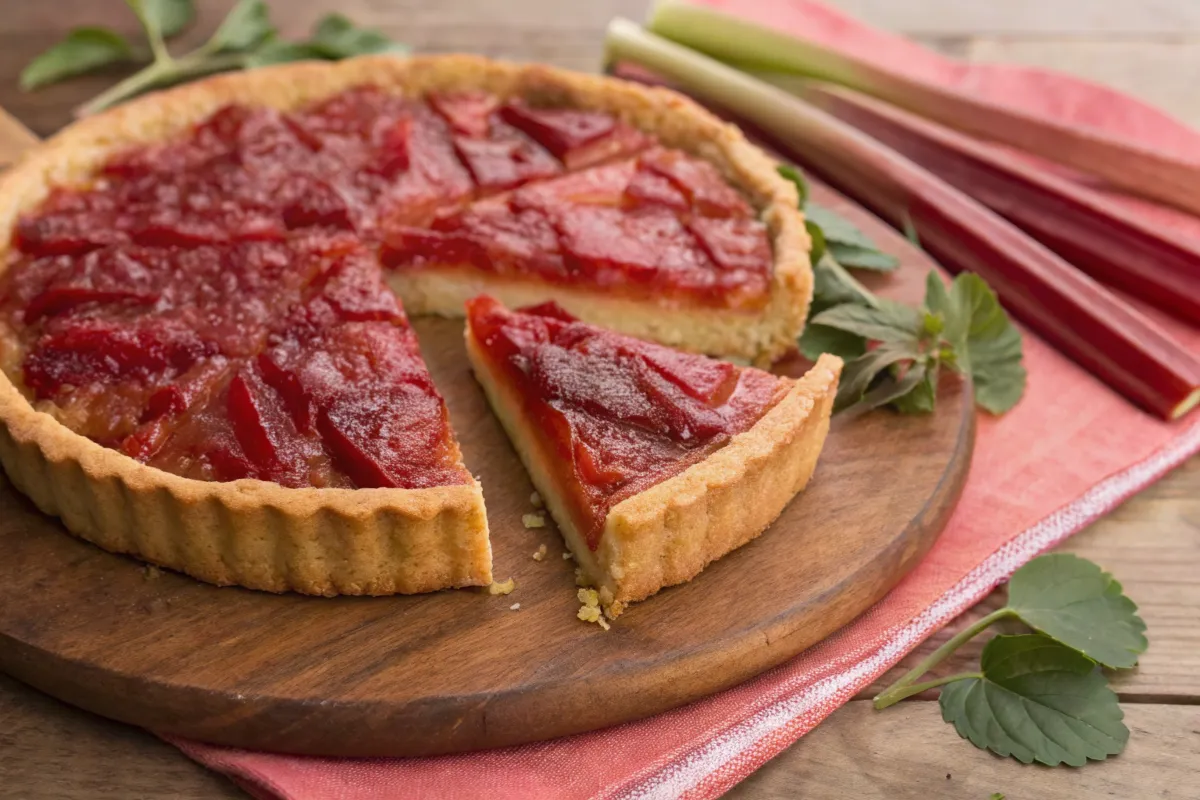


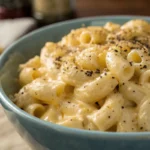


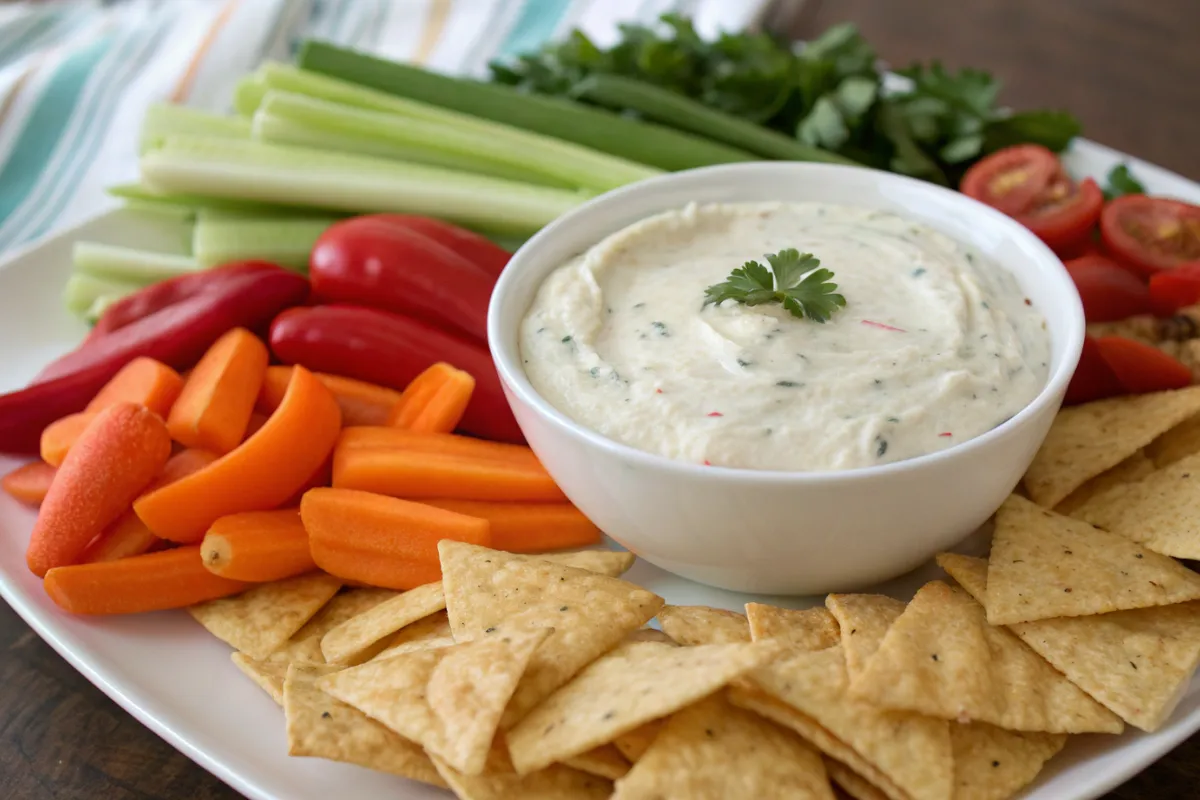
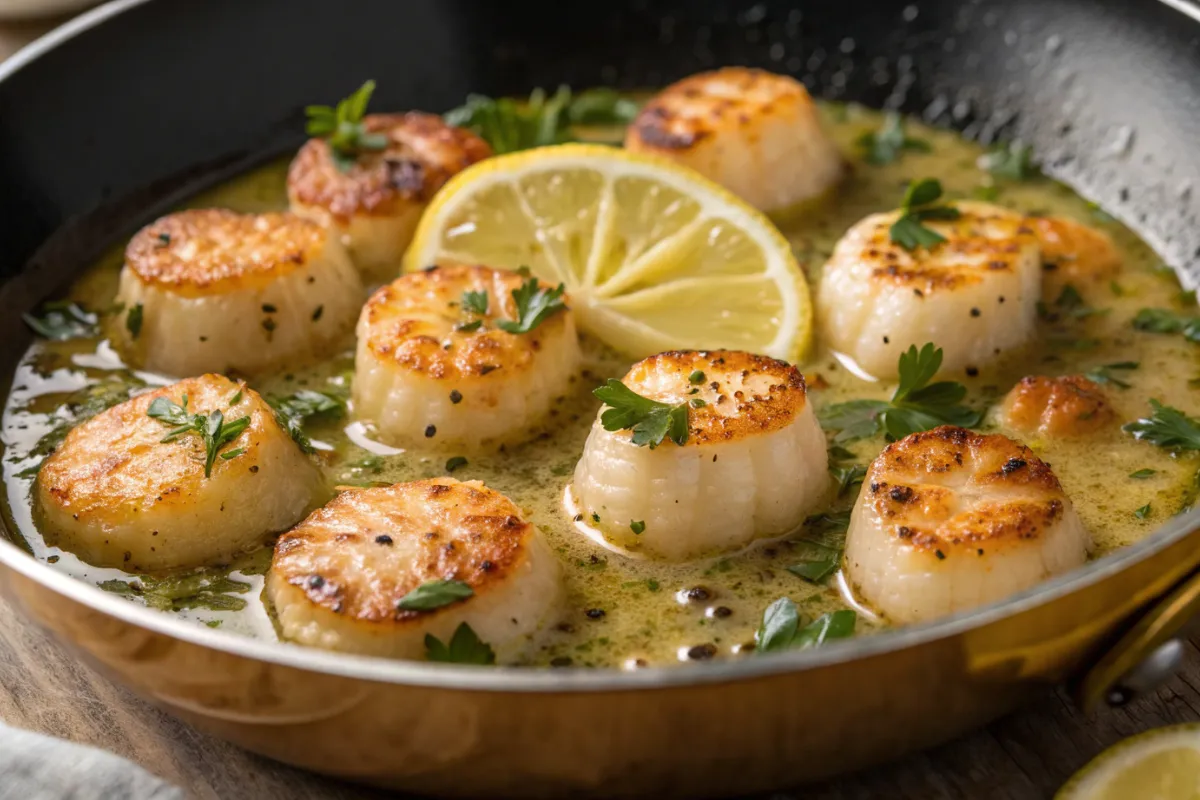
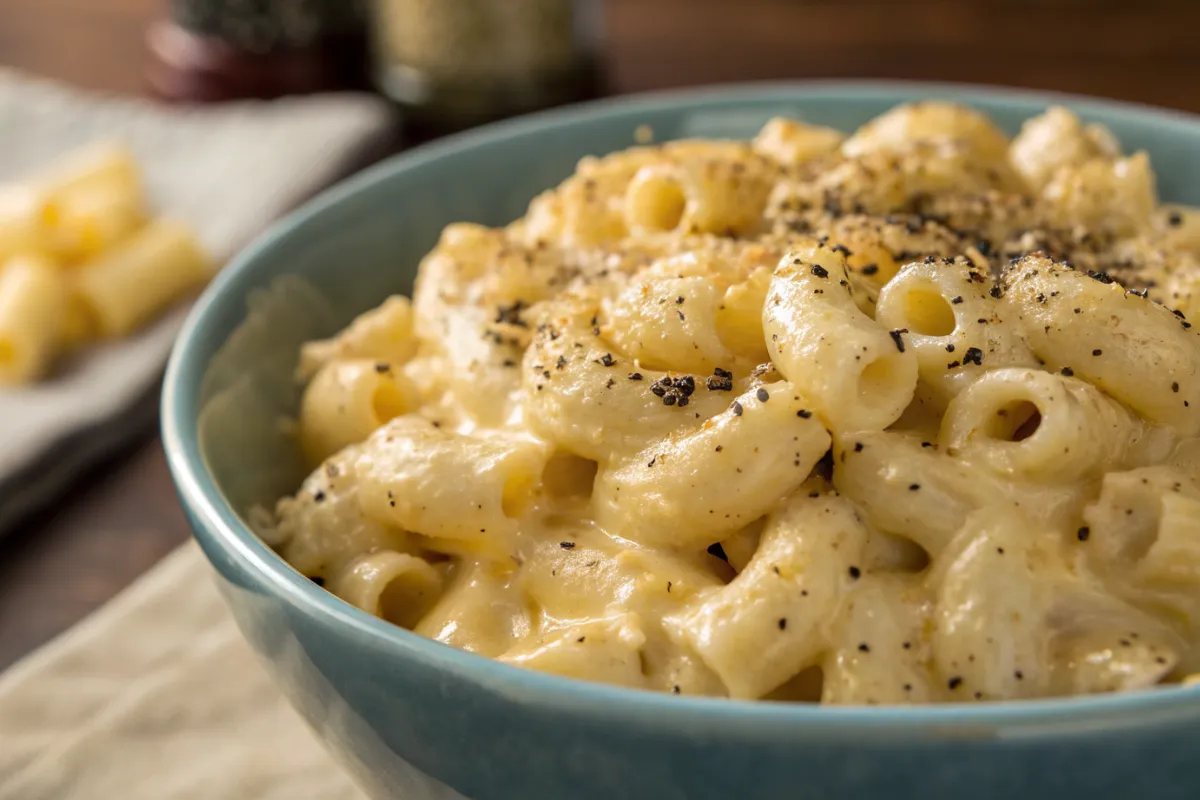

Leave a Reply